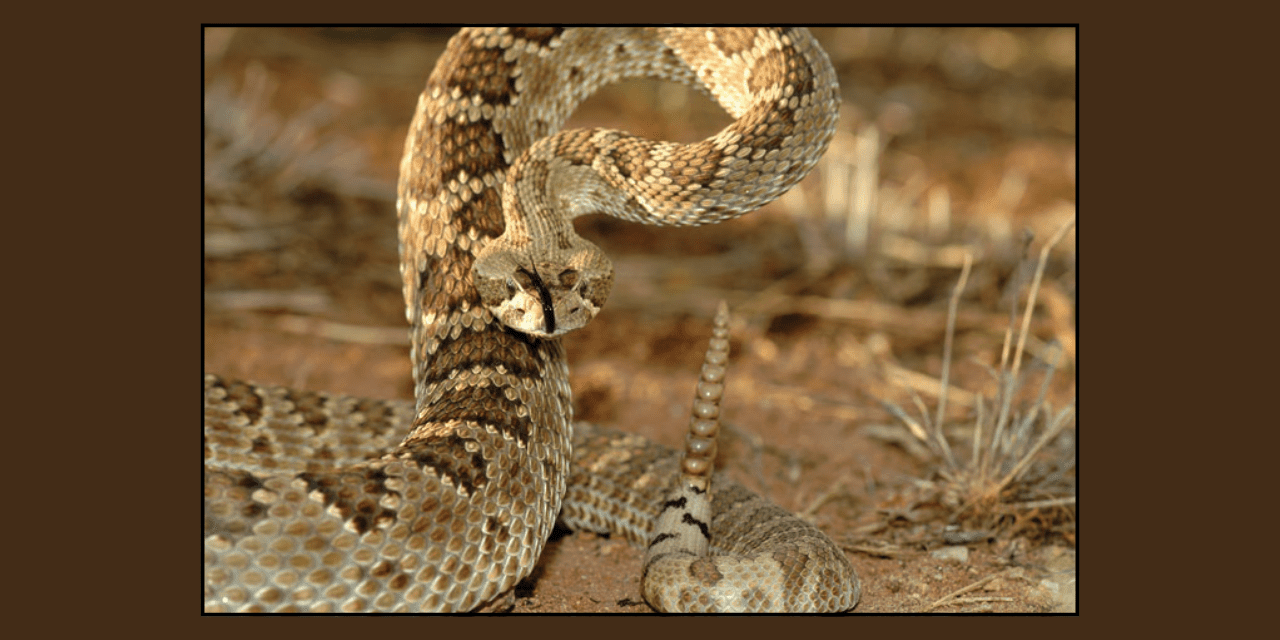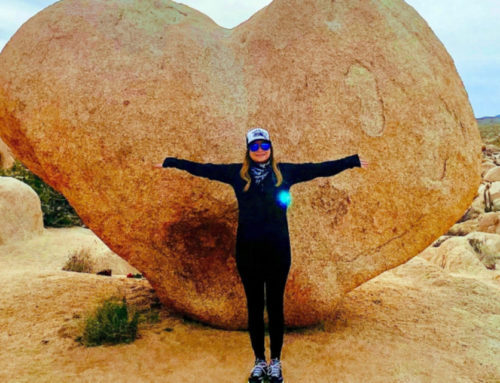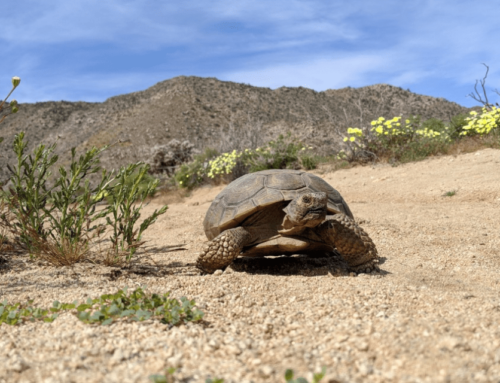
IS THE PRIMAL FEAR OF RATTLESNAKES JUSTIFIED?
By Philip Bonafede
Why do people fear rattlesnakes? The main reasons are a lack of knowledge and familiarity. Urban legends dilute reality into fiction. Once this has been programmed into the subconscious, a false belief system is created. “I mean it must be true. Everyone is saying this…right?” Sadly, urban legends are being passed off as truth, making it very difficult for our 60-million-year-old earth cousins to get any respect!
Horror films about snakes and forced perspective photography all contribute to the social illusion that resonates through the minds of those who choose to believe fiction without facts. This can result in Ophidiophobia, the fear of rattlesnakes.
“But a Rattlesnake Chased Me?”
A rattlesnake will never chase you because they are not aggressive. Having said this, here is a true story which may explain where this urban legend got started.
Most of you know I have spent many decades around rattlesnakes and had pet snakes since 1998. During this time, as you might imagine, I have observed some pretty fascinating behavior. The true story that bears credence to the, “I was chased,” narrative is where male rattlesnakes exhibit a unique behavior during mating seasons. They can raise up like a cobra and have a shoving match with other males.
One day, a large male Mojave Rattlesnake rose up like a cobra and moved quickly towards me, bumped its head into my leg and then slid it’s head down my leg and began sniffing my shoes and leg as if it had never seen a human before. I didn’t have any concerns about a bite, yet this experience would have been terrifying to someone who had zero knowledge of rattlesnake behavior. My Uncle witnessed the event and said he knew I was in no danger. So, rattlesnakes may move towards you out of simple curiosity. If you remain still and realize the snake is only there to check you out and go on its merry way, then you will have a unique nature encounter. If you make any movement, the snake will abort the advance. My advice? Always maintain at least 12 feet from a rattlesnake!
What Few People Know
Rattlesnakes are very gentle, elegant creatures and capable of teaching us a multitude of interesting things about their unique and secret lives:
Mothers guard their babies for up to 2 weeks after they give birth to live young.
Babies are not more dangerous than adults.
They can live up to 60 years.
Rattlesnakes prey on destructive rodents which carry serious diseases like Lyme’s and plague.

Snakes help spread the native seeds inside them.
They are not aggressive to humans or domestic animals unless provoked.
Snakes do not want to bite anyone unless you frighten them, or you’re on the menu.
What is Rattlesnake Venom?
Rattlesnake venom consists of many components including complex proteins which are very similar to the digestive juices in your mouth, the difference being that rattlesnakes inject this digestive fluid through their fangs. By contrast, a human bite can be just as serious as a rattlesnake bite and may require serious medical attention. Rattlesnake venom is being studied in research facilities and used in modern medicines. Carl M. Barden, Director of Medtoxin Venom Laboratories, Reptile Discovery Center, DeLand Florida, has shared some of this research with me via email.
ANNUAL DEATHS IN USA
Automobile related… 46,000
Oysters… 100
Unintentional accidents 225,000
Rattlesnakes…. 5
Be Snake Smart!
While you relax and enjoy the great outdoors…
Always look where you place your hands and feet.
Keep your dog’s on a leash unless you have them trained in Rattlesnake Aversion.
Take time to learn about all the snake species in your area. Become familiar with their look and demeanor.
Teach your children to identify snakes.
Together we can make a difference, and help protect our native rattlesnakes AND each other.
For more information on how to have your dogs trained to avoid a rattlesnake bite, have a snake removed, or to learn how you can become a rattlesnake handler , text Phil at (760) 401-4488 or email pbdesert@earthlink.net.











